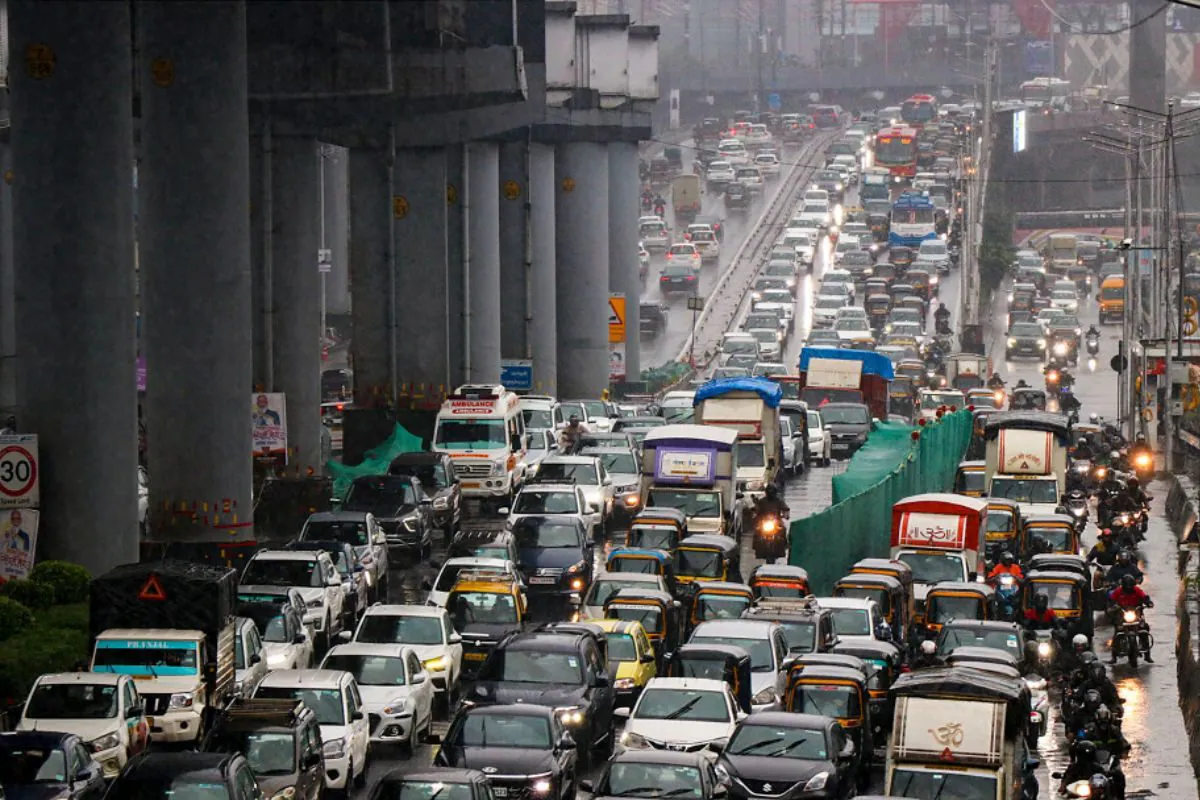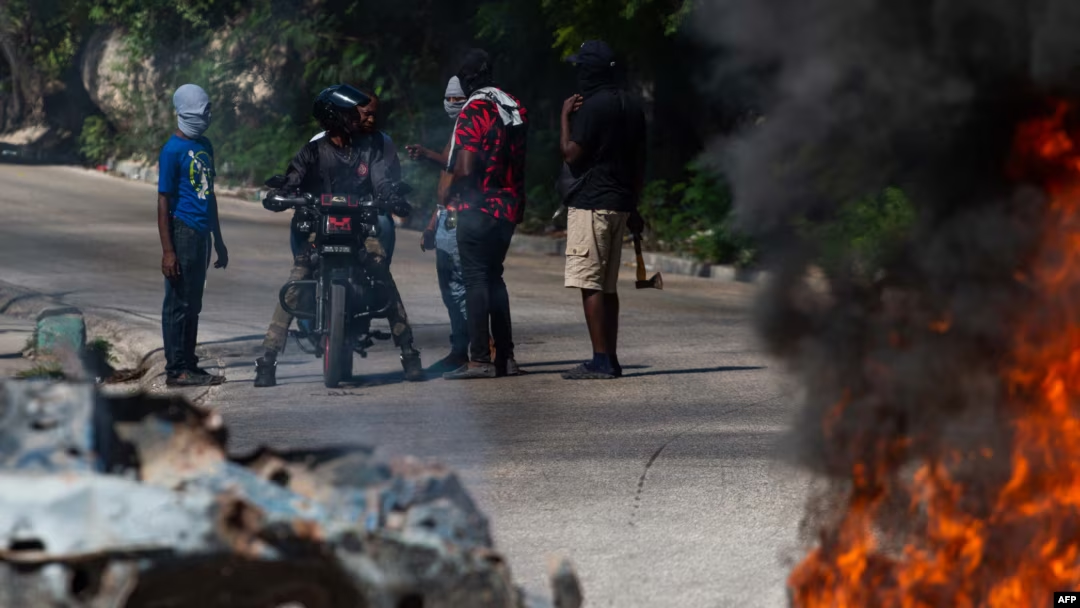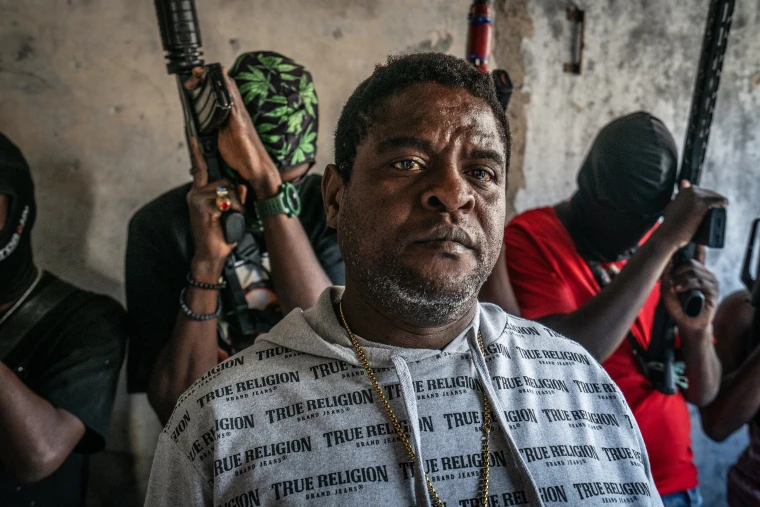The year 2024 has been marked by a surge in political unrest, with coups dramatically altering the fates of nations and leaving behind trails of instability and ruin. From Bangladesh in South Asia to Haiti in the Caribbean, these abrupt power grabs have not only destabilized governments but also plunged millions of people into uncertainty, exacerbating social, economic, and humanitarian crises.
This article explores how coups in 2024 unfolded in Bangladesh and Haiti, the factors driving these upheavals, and the devastating aftermath that continues to shape these nations.
The Anatomy of a Coup: Bangladesh
The Collapse of Civil Governance
In Bangladesh, a country already grappling with political polarization, the military’s sudden move to oust the civilian government sent shockwaves through the region. Tensions between the ruling Awami League and opposition parties had been escalating for years, fueled by allegations of electoral fraud, corruption, and authoritarianism.
The breaking point came when the government introduced controversial amendments to the electoral process, perceived by many as a bid to secure power indefinitely. Protests erupted across the nation, with opposition parties and civil society groups demanding transparency and accountability. Amid the chaos, the military intervened, claiming it was acting in the “national interest” to restore stability.
Consequences of the Coup
Instead of bringing stability, the coup plunged Bangladesh into deeper turmoil. The removal of an elected government undermined the democratic framework and alienated international allies. Economic sanctions followed, crippling an economy heavily reliant on garment exports. The military’s promise of free and fair elections remains unfulfilled, with widespread reports of censorship, mass detentions, and human rights abuses.
The political vacuum has also emboldened extremist groups, exacerbating security concerns in a region already plagued by cross-border terrorism. Millions of Bangladeshis now face rising inflation, unemployment, and deteriorating living conditions, a stark contrast to the country’s pre-coup trajectory of economic growth.
Haiti: A Nation’s Endless Struggle
A History of Instability
Haiti’s political landscape in 2024 was already precarious, shaped by decades of coups, corruption, and foreign intervention. The assassination of President Jovenel Moïse in 2021 left a leadership void that successive governments failed to fill effectively. By 2024, the combination of gang violence, economic collapse, and a lack of governance had created a powder keg ready to explode.
When a coalition of military officers and disillusioned politicians orchestrated a coup, they justified their actions by pointing to the government’s inability to restore order or address Haiti’s humanitarian crisis. However, their promises of stability quickly unraveled.
The Aftermath
Haiti’s post-coup reality has been marked by chaos. The new regime, lacking popular support and international legitimacy, has struggled to assert control. Armed gangs, who had already seized de facto power in many parts of the country, expanded their influence, rendering large swathes of Haiti ungovernable.
The humanitarian situation has reached catastrophic levels. Food and water shortages, rampant violence, and a collapsing healthcare system have left millions of Haitians in dire need. International organizations face immense challenges in delivering aid, as the lack of security hampers their operations.
Common Threads: Why Coups Persist
While Bangladesh and Haiti have vastly different historical and cultural contexts, the coups in these nations share several commonalities:
- Political Polarization and Weak Institutions
- In both countries, deep political divisions and weak democratic institutions created an environment where coups became a viable means of resolving disputes. In Bangladesh, the erosion of democratic norms over years of one-party dominance set the stage. In Haiti, the lack of functional governance left a vacuum that opportunistic factions exploited.
- Economic Instability
- Economic distress often serves as both a catalyst and a consequence of coups. In Bangladesh, a struggling economy compounded public discontent, while in Haiti, chronic poverty and unemployment made the population vulnerable to political manipulation.
- External Influences
- Geopolitical interests also play a role in coups. In Bangladesh, regional rivalries between India and China have indirectly influenced internal politics, while in Haiti, the legacy of foreign interventions has eroded trust in governance and left the country susceptible to destabilization.
- Public Disillusionment
- Widespread dissatisfaction with corrupt and ineffective governments often creates a fertile ground for coups. While coups are rarely the solution to systemic problems, they can temporarily garner support from populations desperate for change.
The Human Cost of Coups
The most devastating impact of coups is borne by ordinary citizens. Both in Bangladesh and Haiti, millions have seen their lives disrupted as political chaos exacerbates existing social and economic hardships.
Displacement and Refugee Crises
In Bangladesh, political violence and crackdowns on dissent have forced thousands to flee their homes. Many have sought refuge in neighboring countries, straining regional relations and creating a new wave of humanitarian challenges.
Haiti, already grappling with one of the world’s highest levels of displacement, has seen a surge in refugees attempting perilous journeys to escape the escalating violence. Many flee to neighboring countries like the Dominican Republic, where they face uncertain futures and harsh living conditions.
Economic Collapse
Coups disrupt markets, deter foreign investment, and often lead to sanctions, as seen in both nations. In Bangladesh, the once-thriving garment industry has faced mass layoffs, while in Haiti, the informal economy has all but collapsed, leaving millions without income.
Social Fragmentation
Coups deepen societal divides, pitting communities against one another. In Bangladesh, the military’s crackdown has fueled tensions between ethnic and religious groups, while in Haiti, armed factions exploit the power vacuum, turning the country into a patchwork of contested territories.
International Response and the Way Forward
The international community has reacted with a mix of condemnation and cautious engagement. While many nations and organizations have imposed sanctions and suspended aid, others have called for dialogue to restore democratic governance.
Bangladesh
Global powers like the United States and European Union have demanded the military relinquish power and hold elections. However, with China and Russia offering tacit support to the regime, the situation remains in deadlock.
Haiti
In Haiti, the United Nations and neighboring countries have called for an international stabilization force to restore order, but efforts have been slow to materialize. The lack of consensus on intervention strategies has left Haiti’s population to fend for themselves.
Lessons from 2024
The coups in Bangladesh and Haiti underscore the fragility of political systems worldwide. They reveal how deep-seated issues such as corruption, economic disparity, and weak institutions can culminate in abrupt regime changes, often to the detriment of the populace.
To prevent future coups, the international community must focus on:
- Strengthening Democratic Institutions: Supporting the development of transparent, accountable governance is essential.
- Addressing Economic Inequality: Economic stability is a cornerstone of political stability. Targeted aid and investment can help mitigate unrest.
- Mediation and Dialogue: Encouraging inclusive dialogue between political factions can help resolve conflicts without resorting to force.
Conclusion
From the bustling cities of Bangladesh to the impoverished streets of Haiti, the coups of 2024 have turned regimes into ruins, leaving nations reeling from the fallout. While the specific circumstances differ, the outcomes share a common thread: the suffering of ordinary people caught in the crossfire of political ambition and systemic failure.
As the world watches and reacts, the fate of these nations remains uncertain. Whether they can rebuild from the rubble of coups will depend on the resilience of their people, the wisdom of their leaders, and the support of a global community committed to upholding democracy and human rights.




